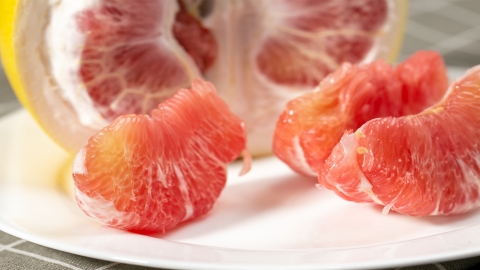Can patients with gallstones eat grapefruit?
In general, patients with gallstones can eat grapefruit, as long as they do so in moderation. Here's a detailed explanation:

Grapefruit contains extremely low levels of fat, which does not increase the metabolic burden on the gallbladder or trigger abnormal contractions that could cause discomfort. At the same time, grapefruit is rich in vitamin C, dietary fiber, and water. Vitamin C helps maintain normal body metabolism, dietary fiber promotes intestinal motility and reduces the time food remains in the intestines, while the high water content helps meet the body's hydration needs. Overall, it offers certain benefits for the recovery of patients whose condition is stable.
It is important to avoid eating chilled grapefruit straight from the refrigerator, as the low temperature may irritate the gastrointestinal tract and indirectly affect the gallbladder. It is recommended to let the fruit reach room temperature before consumption. Each serving should be limited to 1–2 segments; excessive intake may lead to gastrointestinal discomfort such as bloating or diarrhea. If the patient is taking medication, they should consult their doctor beforehand to confirm whether grapefruit might interact with the medication, ensuring dietary safety.






